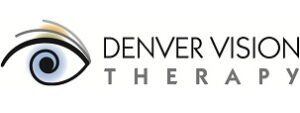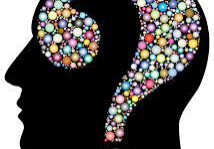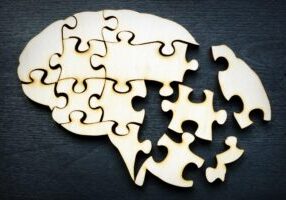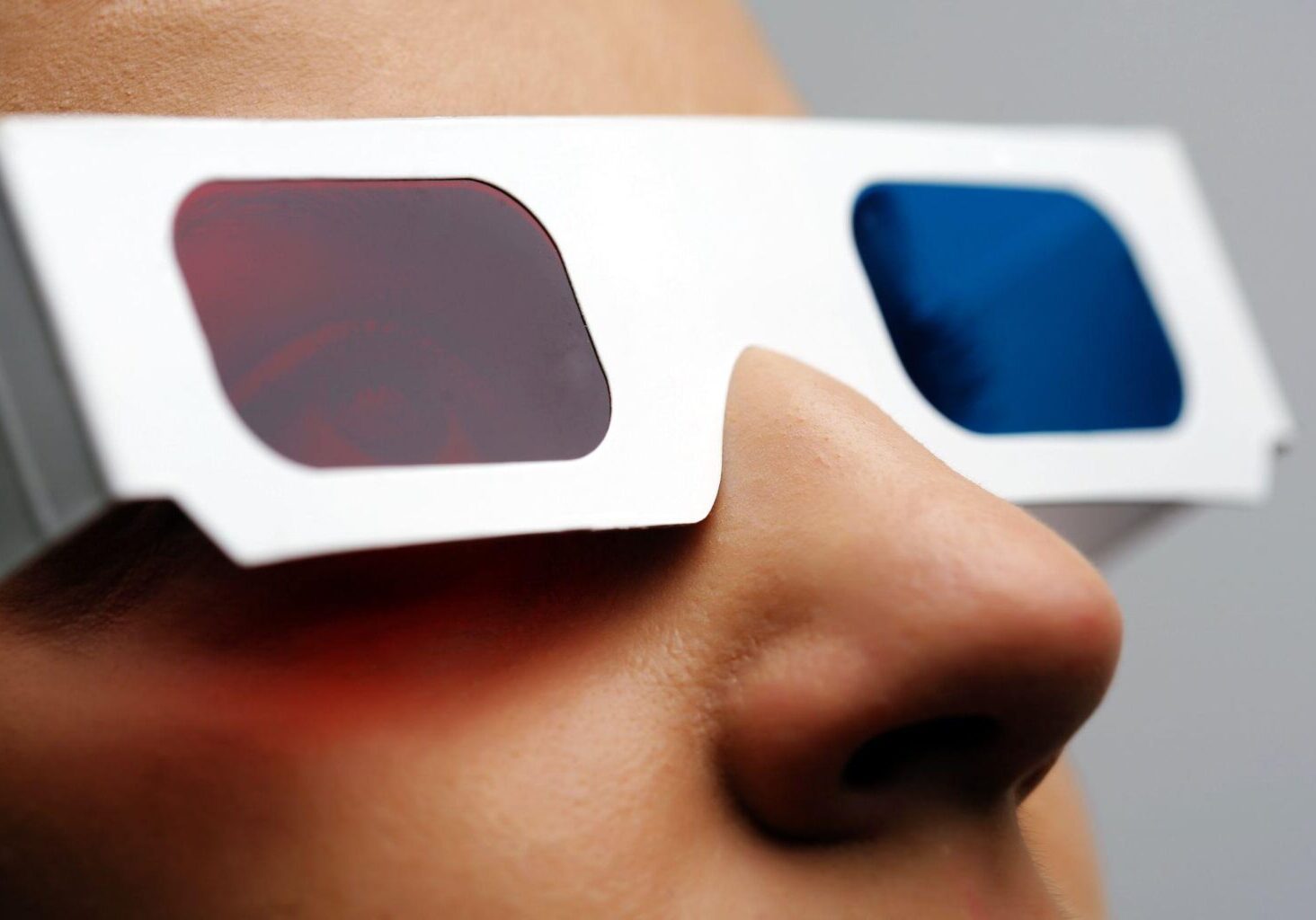Neuro-Optometric Care for Brain Injury
Any illness or injury that affects the brain may have visual symptoms and consequences. Neuro-optometric care takes the entire visual system into account, which goes far beyond the health of the eyeball. Every part of the brain is involved in some aspect of visual function and processing. Our doctors evaluate each patient for functional visual issues that may be caused by concussion, stroke, neuro-inflammation resulting from disease, or other acquired brain injury.
Learn more about different neurological problems that cause vision symptoms »

Brain Injury and Vision Symptoms
Concussions (also called mild traumatic brain injury, or mTBI) are the most common type of brain injury, and are diagnosed by symptoms alone. A normal MRI or CT scan does NOT mean you do not have a brain injury! The damage caused by a concussion is diffuse, and triggers inflammation in the brain. This causes changes in how the brain processes information. Because more areas of the brain are used to process vision than any other sensory system, brain injury often causes vision problems.
The most common visual symptoms associated with a brain injury are:
- Poor eye tracking
- Sensitivity to light
- Sensitivity to motion
- Headaches worsened by visual tasks
- Dizziness triggered by vision
- Balance problems
- Visual spatial challenges
- Eyestrain, or pain in and around the eyes
- Blurry vision
- Double vision and depth perception issues
- Reduced screen tolerance
For a full list of symptoms:
How Neuro-Optometric Care Can Help
These symptoms occur when the visual areas of the brain are impacted by the brain injury. Fortunately, our neuro-optometrists have many tools to help ease these symptoms and help patients along a path to recovery by addressing the underlying cause of the symptoms. Neuro-optometric treatment options include glasses with tint, prism, and other adaptive measures, as well as vision therapy and color light therapy. Our goals are to help the patient regain normal function, which often includes returning to working, driving, reading, and hobbies.
If you or your loved one is suffering from the above symptoms, contact our office about scheduling a functional vision evaluation.








